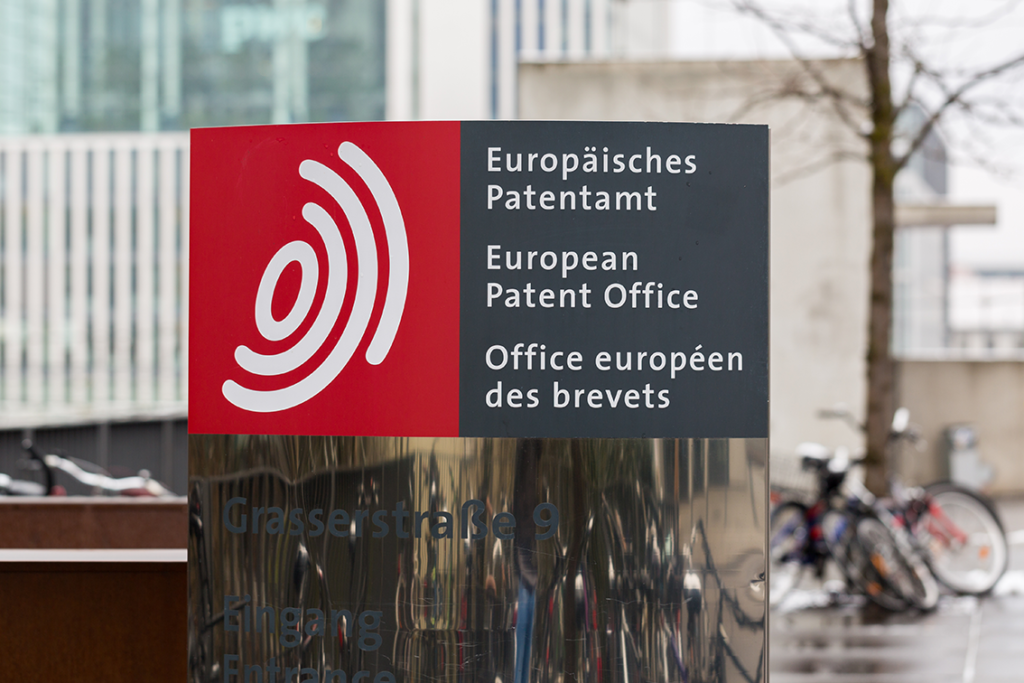Prof Shattock added that, even if patents were waived on COVID-19 vaccines, the expertise was not present in other companies to rapidly produce them.
He said: “There aren’t companies that can make some of these very complicated vaccines. So RNAs (ribonucleic acid), for example…there aren’t companies that are already experienced in making RNA vaccines sitting empty, desperate for the patent to be waived, because they can roll it out tomorrow.
“In fact, many of the companies have looked for and struggled to find manufacturing partners, commercials, collective management organisations, who have the experience to get the technology out of the door very quickly. So it’s not as if there are lots of people just waiting, desperate to make a vaccine and to turn on the tap. The plumbing needs to be put in place. And the plumbing just doesn’t exist right now, for many of these vaccine candidates.”
Prof Shattock said there were many more effective, creative ways to incentivise access and technology transfer for low and middle income countries than a patent waiver, such as speedier, lower cost approval processes and tax benefits.
Dr Moore, who has previously conducted clinical trials of vaccines in malaria endemic areas of Africa, agreed with Prof Shattock, saying: “Patents haven’t been a problem and aren’t involved in the accelerated manufacturing deployment of vaccines.”
She explained that, every year, roughly six billion doses of vaccines were made for all viruses and that most of these were pediatric vaccines. In contrast, in 2021 it has been predicted that we will need to make 11 billion doses for COVID-19 alone. This was creating complex manufacturing and supply chain issues.
She said: “Multiple different materials are needed to make any type of vaccine. And every company that was making a vaccine wanted a certain number of them across the board – tubes, vials, syringes, rubber stoppers, as a commonality, and then various materials that are specific for each vaccine. And they are in incredibly short supply at the moment. So that has been a huge issue for COVID-19 vaccines in the early part of this year.”
Dr Moore explained the complexity of the technology transfer challenge and why this had created a bottleneck for COVID-19 vaccine roll-out.
She said: “When a vaccine company is transferring its technology, even in-house to another facility that it owns, it’s quite a long process. It can take two to three years to just get the new facility up and running, validated and making a vaccine to the same quality and safety as the home site.
“And to do that it’s not just a question of building a factory. It’s also a question of having people trained and transferring not just the facility and resources, but the know-how as well. Many of these vaccines are being transferred to contract organisations as well as to other vaccine manufacturers.
“We’re not just talking about the people switching on the bioreactor and doing the assays. It’s also the commercial, the legal, the regulatory staff that have to have the expertise not just within that facility, but within that region as well within their country.
“Trained people must also be placed on the regulatory science side, to know how to handle the income, the import and export of materials, the import and exports of vaccines, and to understand what’s happening in that facility or within their region. There’s a huge amount needed in terms of capacity of facilities and expertise, to make a vaccine and use it within an area or region.”
In answer to a question about whether compulsory licensing would be a more effective way to speed up global vcaccine deployment, Simon Wright, Chair of CIPA’s Life Sciences Committee, said he could not remember ever seeing a European government or the US invoking compulsory licenses – and for good reason.
He said: “If you know that a government will potentially compulsory license your patent – they’ll take your technology, they’ll basically say this is the royalty we’re going to pay pay you for it – then that’s a risk to investment and a risk to the business. And it will probably act as a deterrent to develop new technologies and commercialise new therapies.”
The panel agreed that public/private partnerships such as the COVAX initiative, which was using pooled procurement and equitable distribution to accelerate the manufacture of billions of vaccines globally, were a good model for the future but they required more backing from Governments and more investment.
The event, on Wednesday 16 June 2021, was chaired by CIPA’s Honorary Secretary Gwilym Roberts and can be viewed here.
Date published: 16 June 2021





